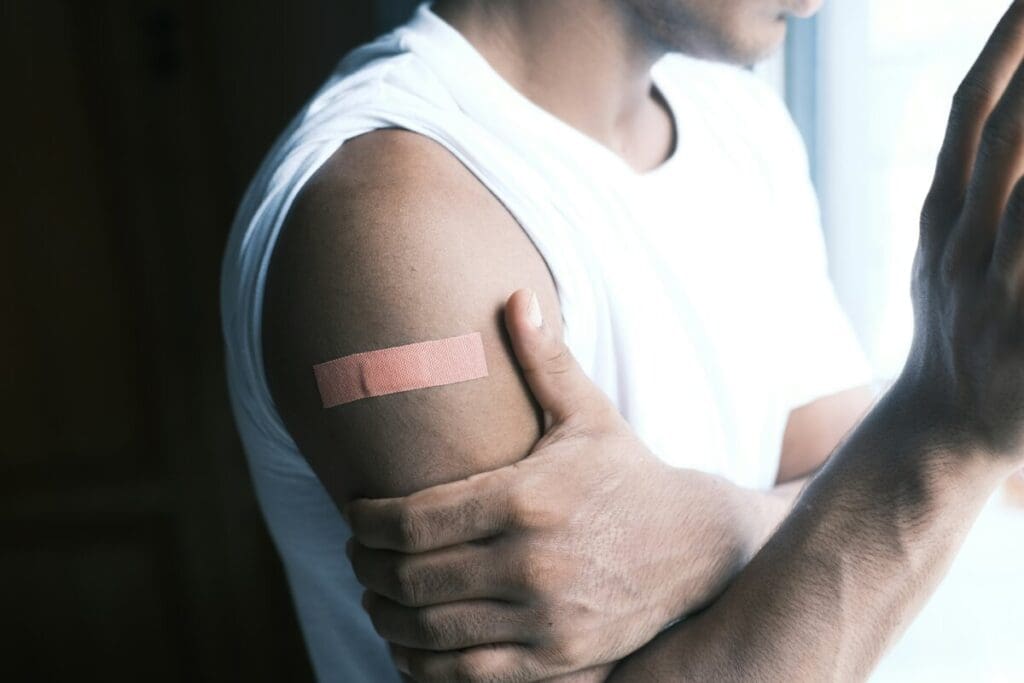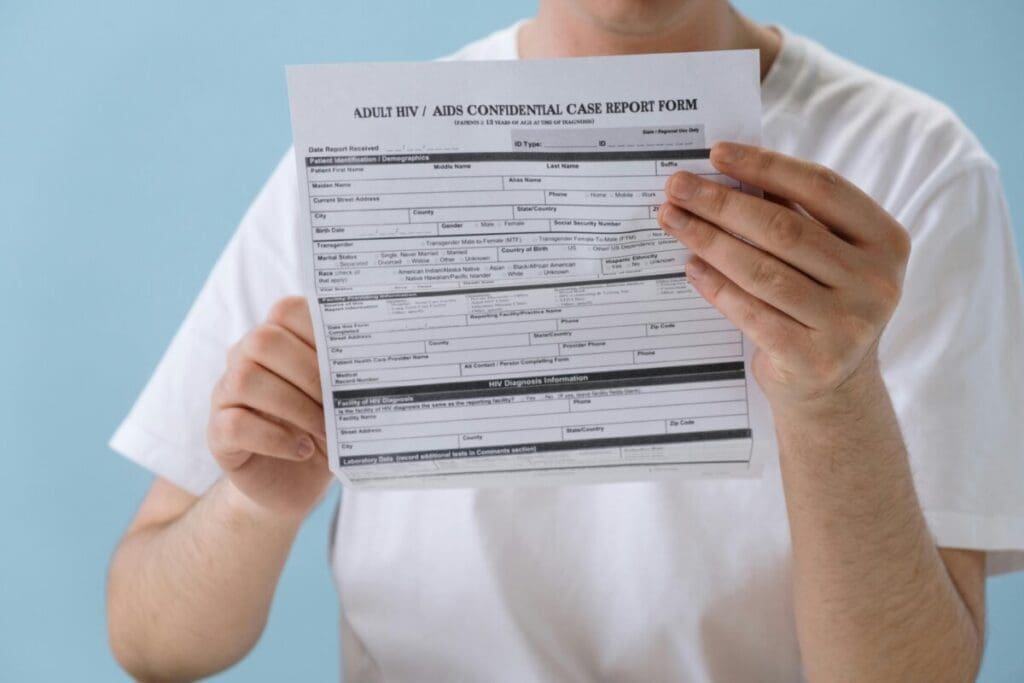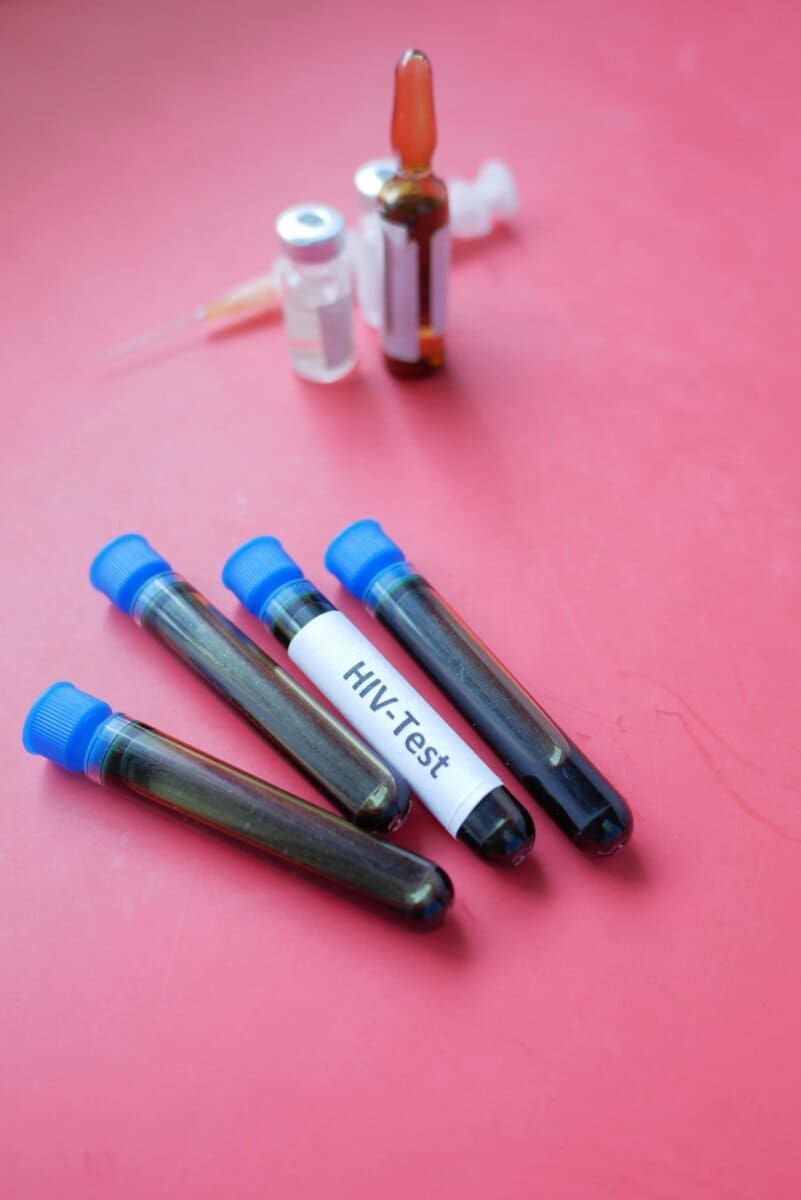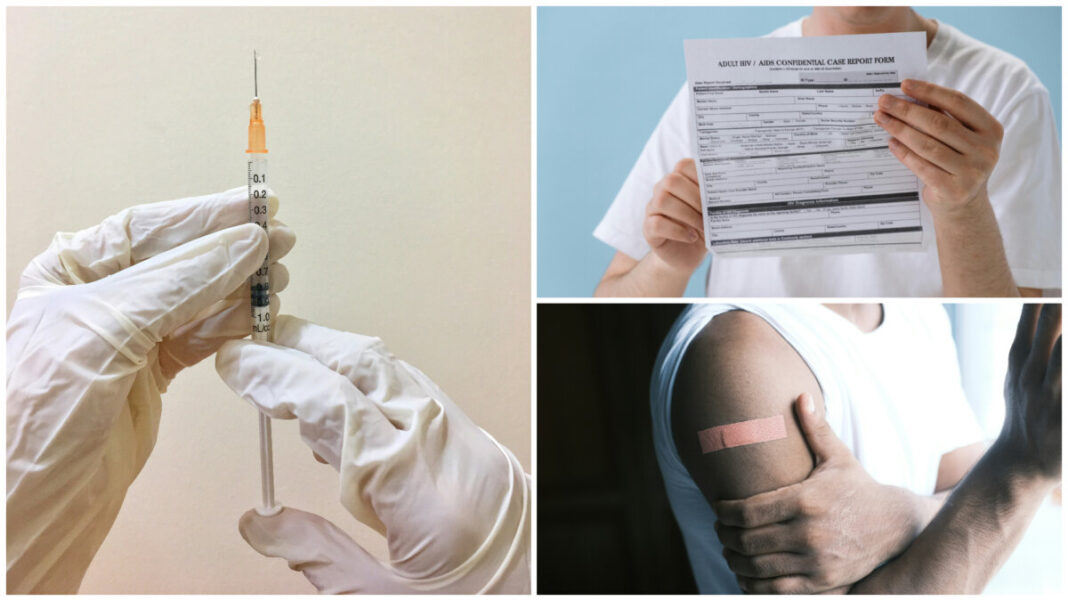A milestone in preventing HIV, now available with each injection being good for 6 months each…

Yeztugo is the brand name for lenacapavir, a long acting injectable developed by Gilead Sciences. It is the first and only FDA approved HIV prevention option that requires two injections per year. This works by inhibiting the HIV capsid, a protein shell essential for viral replication that is blocking the virus at multiple stages of its life cycle.
What Is HIV?

Human Immunodeficiency Virus or also known as HIV is a virus that attacks the body’s immune system, specifically targeting CD4 cells, which are crucial for fighting off infections. If left untreated, the virus can progress to AIDS or Acquired Immunodeficiency Syndrome which is the most advanced stage of HIV infection. HIV is primarily transmitted through specific bodily fluids, most commonly during unprotected sex or through sharing needles for drug injection. In addition, it can also be transmitted from blood transfusions or from a mother to her child via pregnancy, childbirth, or breastfeeding.
HIV Prevention
Practising safe sex is one of the ways to prevent the transmission of HIV. Both male and female condoms are available. If you use a lubricant, make sure it’s water based. Oil based lubricant can weaken condoms and cause them to break. During oral sex, use a cut open condom or a piece of medical grade latex called a dental dam without a lubricant.
On the other hand, PrEP (Pre-Exposure Prophylaxis) pills can also be another option wherein there are two types to choose from to be taken everyday and injection: Truvada (works for everyone) and Descovy (mainly used for those who have anal sex.) (Apretude) Cabotegravir is the first FDA Approved PrEP shot where you can get it at the clinic once a month for the first two months. It’s a good option if you don’t want to take pills everyday. PrEP gives you powerful protection against HIV but only if you take it as prescribed and combine it with other safe practices.
Another is through PEP (Post-Exposure Prophylaxis). If you think you’ve been exposed through sex, through needle or in the workplace, contact your healthcare professional or go to the emergency room. Taking PEP as soon as you can within the first 72 hours can greatly reduce your risk of getting HIV. You need to take the medicine for 28 days.
Of course, prevention is better than cure, and the topnotch way to know your HIV status is to get tested regularly. Knowing your status gives you powerful information to keep you and your partner(s) healthy.

The New HIV PrEP
I’m sure you’ve read many articles about this new vaccine but let me tell you about it in case you haven’t. Yeztugo could be the closest thing we’ve seen to an HIV vaccine. With this revolutionary discovery, this removes the hassle from pills, reduces the negative connotation of having HIV, and could dramatically improve those infected especially in communities where daily PrEP hasn’t worked well.
This vaccine is the first of its kind to be FDA Approved for the prevention of HIV that requires only two shots per year. It is a capsid inhibitor, meaning it has blocking capabilities at multiple stages of the HIV’s life cycle compared to other drugs that only target only one.
The vaccine was tested in two large PHASE 3 trials with Purpose 1 and Purpose.
- Purpose 1 (Cisgender women in sub-saharan Africa) – Found that 0 HIV infections among 2,134 participants, meaning, it got a 100% effectiveness rate enduring the study period.
- Purpose 2 (Cisgender men, transgender individuals and non binary people across different countries) – With over 2,000, only 2 HIV infections have been found. Showing its 96% effectiveness
The vaccine only works with HIV-negative individuals so patients must test negative before each injection. Side effects of the injection are mostly mild with the pain only evident at the injection site with headache and nausea. This vaccine is a prevention tool, not a treatment for people already living with HIV.

How Much Does it Cost?
The price for each shot costs $14,109 which makes it $28,218 per year for an estimation. Gilead expects broad U.S. coverage and offers copay assistance and free access for eligible uninsured individuals.
Gilead has also given licenses to six generic manufacturers to produce low-cost versions for 120 low and middle income countries. However, middle income countries like the Philippines and Brazil are not yet included in those deals. Activists also argue that the vaccine could be produced for as low as $25 per year and are urging Gilead to lower the price.
References
- Centers for Disease Control and Prevention. (2025, January 14). About HIV. https://www.cdc.gov/hiv/about/index.html
- Mayo Clinic. (n.d.). HIV/AIDS – Symptoms and causes. https://www.mayoclinic.org/diseases-conditions/hiv-aids/symptoms-causes/syc-20373524
- MSN. (n.d.). Revolutionary new drug offers 99.9% protection against HIV. https://www.msn.com/en-us/health/other/revolutionary-new-drug-offers-999-protection-against-hiv/ar-AA1H1Ep7
- National Health Service. (2024, November 12). HIV and AIDS. https://www.nhs.uk/conditions/hiv-and-aids/#:~:text=Preventing%20HIV,including%20syringes%2C%20spoons%20and%20swabs
- Gilead Sciences. (n.d.). Yeztugo Lenacapavir is now the first and only FDA approved HIV prevention option offering 6 months of protection. https://www.gilead.com/news/news-details/2025/yeztugo-lenacapavir-is-now-the-first-and-only-fda-approved-hiv-prevention-option-offering-6-months-of-protection


hello po tanung lng po if ang isang tao na nagkaroon ng HIV then nagpa inject nyan may tendency po ba na gumaling sya or what?
ako pwede mag pa.inject po
Good morning Dili d I ne libre de I ang vaccines sir and ma’am?